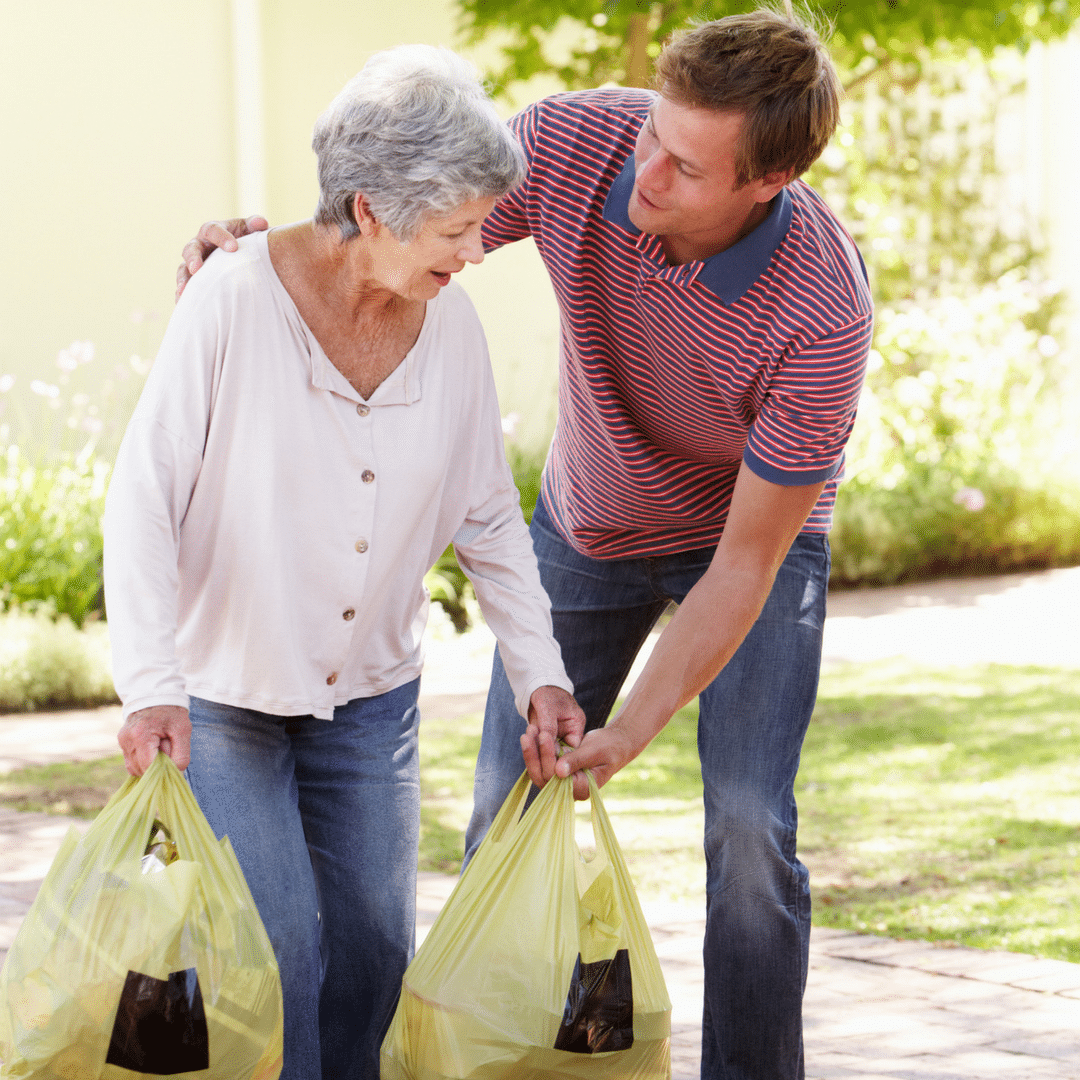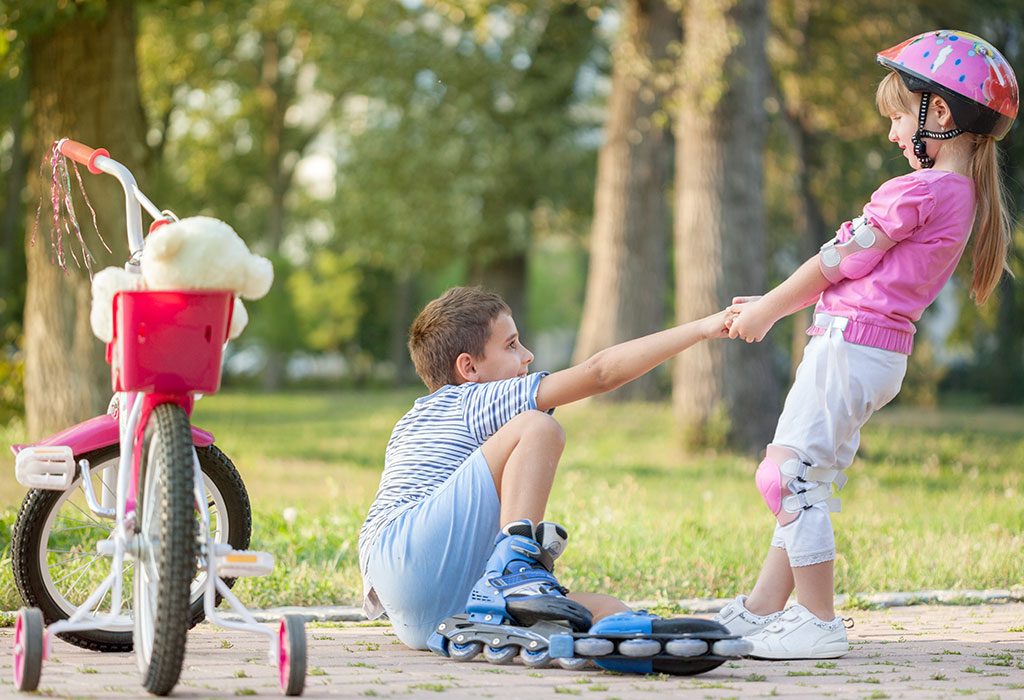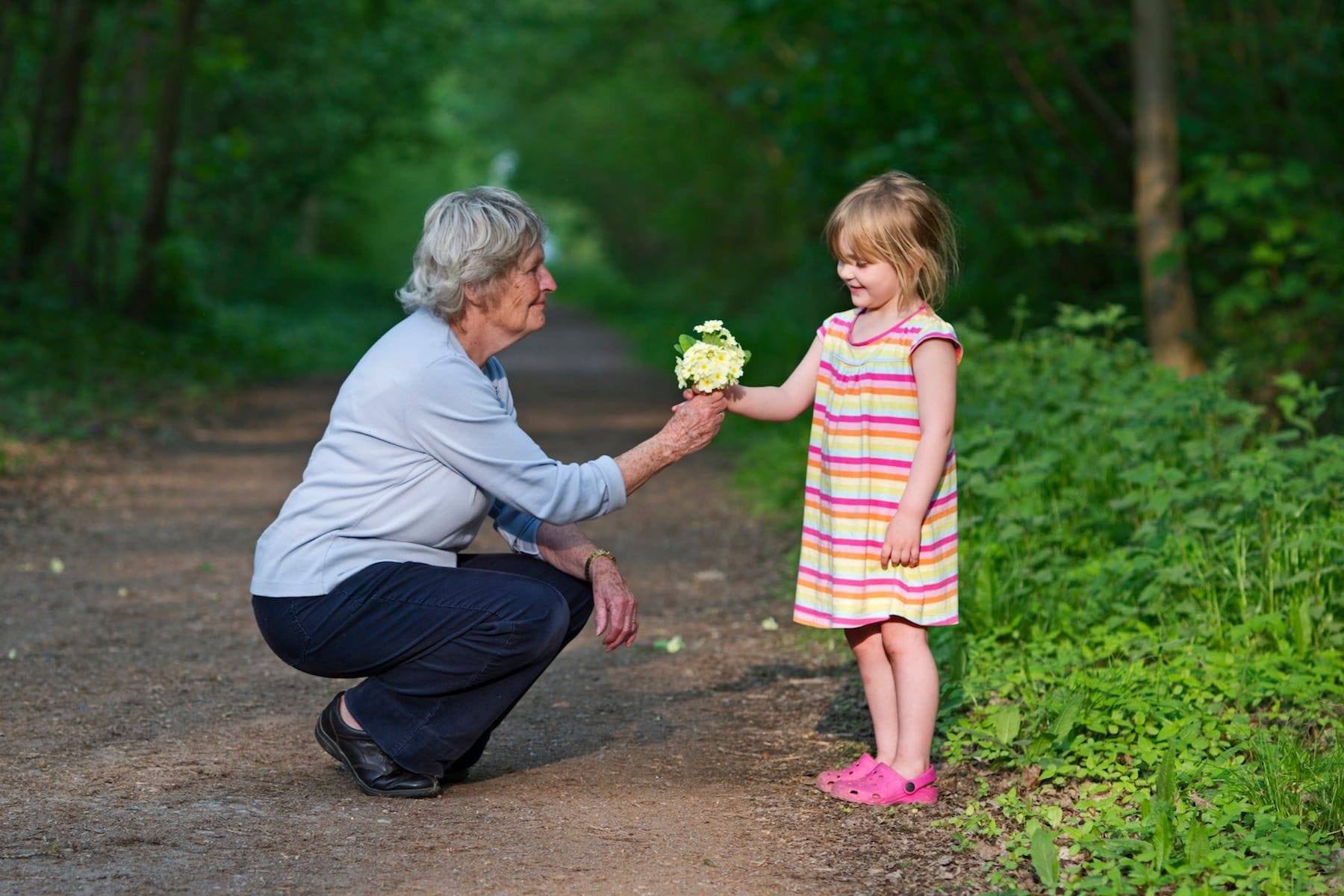Does the world need more negativity? Absolutely not! What the world desperately needs is a tidal wave of compassion, a cascade of consideration, a veritable eruption of acts of kindness that wash away cynicism and despair.
The digital age, while connecting us in unprecedented ways, can sometimes feel like an echo chamber of complaints and criticisms. News cycles are dominated by stories of conflict and division. Social media platforms often amplify negativity and breed animosity. In such an environment, the conscious choice to perform an act of kindness becomes a powerful act of resistance, a rebellion against the prevailing tide of indifference. It's a deliberate assertion of our shared humanity, a reminder that even small gestures can have a profound impact.
Acts of kindness are, at their core, deliberate expressions of goodwill. They are conscious choices to extend compassion, empathy, and support to others, often without any expectation of reward or reciprocation. This is not about grand gestures or heroic feats; it's about the everyday moments where we can choose to be a source of light and positivity in someone else's life. It could be as simple as holding a door open for a stranger, offering a genuine compliment, or lending a listening ear to a friend in need. These seemingly insignificant actions ripple outwards, creating a positive chain reaction that benefits not only the recipient but also the giver.
- Weinstein Retrial Mimi Haleys Tearful Testimony What Happened
- Girls With Muscle Inspiration Workouts More Discover Now
The beauty of acts of kindness lies in their accessibility. They require no special skills, no vast resources, and no extraordinary circumstances. Anyone, regardless of age, background, or socioeconomic status, can participate. In fact, some of the most impactful acts of kindness are those that are born out of ingenuity and resourcefulness, demonstrating that even in challenging situations, we can find ways to extend a helping hand.
But what constitutes an act of kindness, exactly? While the definition is broad and subjective, certain characteristics tend to be common. Firstly, an act of kindness is intentional. It's a conscious decision to perform an action with the explicit purpose of benefiting another person. Secondly, it's selfless. The motivation behind the act is not personal gain or recognition, but rather a genuine desire to alleviate suffering or enhance well-being. Thirdly, it's compassionate. It reflects an understanding of the other person's needs and a willingness to provide support, whether emotional, practical, or otherwise.
For children, learning to practice random acts of kindness can instill valuable life lessons about empathy, compassion, and social responsibility. Encouraging kids to participate in simple acts of service, such as helping with chores, sharing toys, or comforting a friend, can foster a sense of connection and belonging. These experiences teach them that even small gestures can make a big difference in the lives of others, building a foundation for a lifetime of kindness.
- Silvia Damico Italian Actress Biography Filmography
- Wide Opening Crossword Clue Answers Solution La Times
Furthermore, performing acts of kindness can have a profound impact on our own well-being. Studies have shown that engaging in prosocial behavior releases endorphins, the brain's natural mood boosters, leading to feelings of happiness, contentment, and purpose. It can also reduce stress, improve self-esteem, and strengthen social connections. In essence, kindness is a virtuous cycle, benefiting both the giver and the receiver.
The concept of "Random Acts of Kindness Day" serves as a powerful reminder of the importance of cultivating kindness in our daily lives. Observed annually, it encourages individuals and communities to intentionally perform acts of kindness, both big and small, to spread positivity and uplift spirits. It's a day to challenge ourselves to step outside of our comfort zones and reach out to those in need, to show compassion to strangers, and to celebrate the inherent goodness in humanity.
Beyond the designated day of celebration, the principles of kindness should permeate our everyday interactions. We can strive to be more mindful of the needs of others, to offer support and encouragement, and to choose empathy over judgment. By making a conscious effort to integrate kindness into our daily routines, we can create a more compassionate and harmonious world for ourselves and for future generations.
It's also important to acknowledge that acts of kindness don't always have to be grand or elaborate. Sometimes, the most meaningful gestures are the simplest ones: a genuine smile, a listening ear, a helping hand with groceries. These small acts of connection can have a ripple effect, brightening someone's day and fostering a sense of community.
Moreover, kindness extends beyond our interactions with humans. We can also show compassion to animals, protect the environment, and advocate for social justice. By recognizing the interconnectedness of all living things, we can broaden our definition of kindness and strive to create a more equitable and sustainable world.
In a world that often feels fragmented and divided, acts of kindness serve as a unifying force, reminding us of our shared humanity. They transcend cultural boundaries, political ideologies, and socioeconomic disparities. They are a universal language of compassion that can bridge divides and foster understanding.
Ultimately, the power of kindness lies in its transformative potential. It has the ability to heal wounds, mend broken hearts, and restore faith in humanity. By embracing kindness as a guiding principle in our lives, we can create a more compassionate, just, and harmonious world for all. So, let us all commit to performing more acts of kindness, both big and small, and let us watch as the ripple effect transforms our communities and our world.
The digital landscape, teeming with visual content, offers abundant resources for inspiration. Browsing through images tagged with "random acts of kindness" can spark creative ideas and remind us of the countless ways we can make a positive impact. Many online platforms also offer free stock photos and videos that can be used to promote kindness initiatives and spread awareness about the importance of compassion.
Furthermore, acts of kindness are not limited to personal interactions. They can also extend to the digital realm. Sharing positive content, offering words of encouragement, and countering negativity online are all ways to promote kindness in the digital space. By fostering a culture of respect and empathy online, we can create a more welcoming and supportive environment for everyone.
In conclusion, embracing kindness is not just a feel-good exercise; it's a powerful tool for building a better world. By consciously choosing to perform acts of kindness, we can create a ripple effect of positivity that transforms our communities, strengthens our relationships, and enriches our own lives. Let us all strive to be ambassadors of kindness, spreading compassion and empathy wherever we go.
Lets explore what Acts of Kindness truly entail and discover how these small gestures can create a ripple effect of positivity in our lives and communities. Its not just about grand gestures; it's about the everyday moments where we choose compassion over indifference.
Kindness, in its purest form, is a beacon of hope and connection. Its a language understood by all, regardless of background or circumstance. Practicing acts of kindness can lead to better health, stronger relationships, and a greater sense of purpose. They remind us of our shared humanity.
Data Table Example:
| Category | Information |
| Definition | An Act of kindness is a good deed a person can do to show compassion and love to another person. |
| Motivation | Done out of the goodness of a persons heart, with zero expectation of reciprocation. |
| Beneficiaries | Can be done towards someone you know or a stranger. |
| Impact | Small acts of service can make a huge difference for both the giver and the receiver. |
| Target Audience | Applicable and beneficial for all ages, from children to the elderly. |
| Additional Resources | Random Acts of Kindness Foundation |


